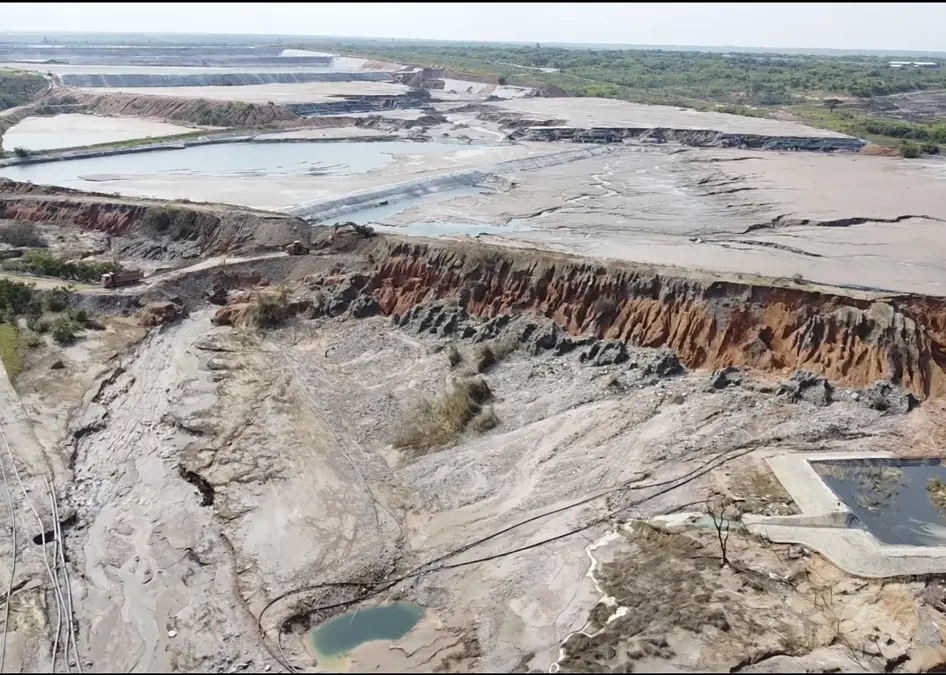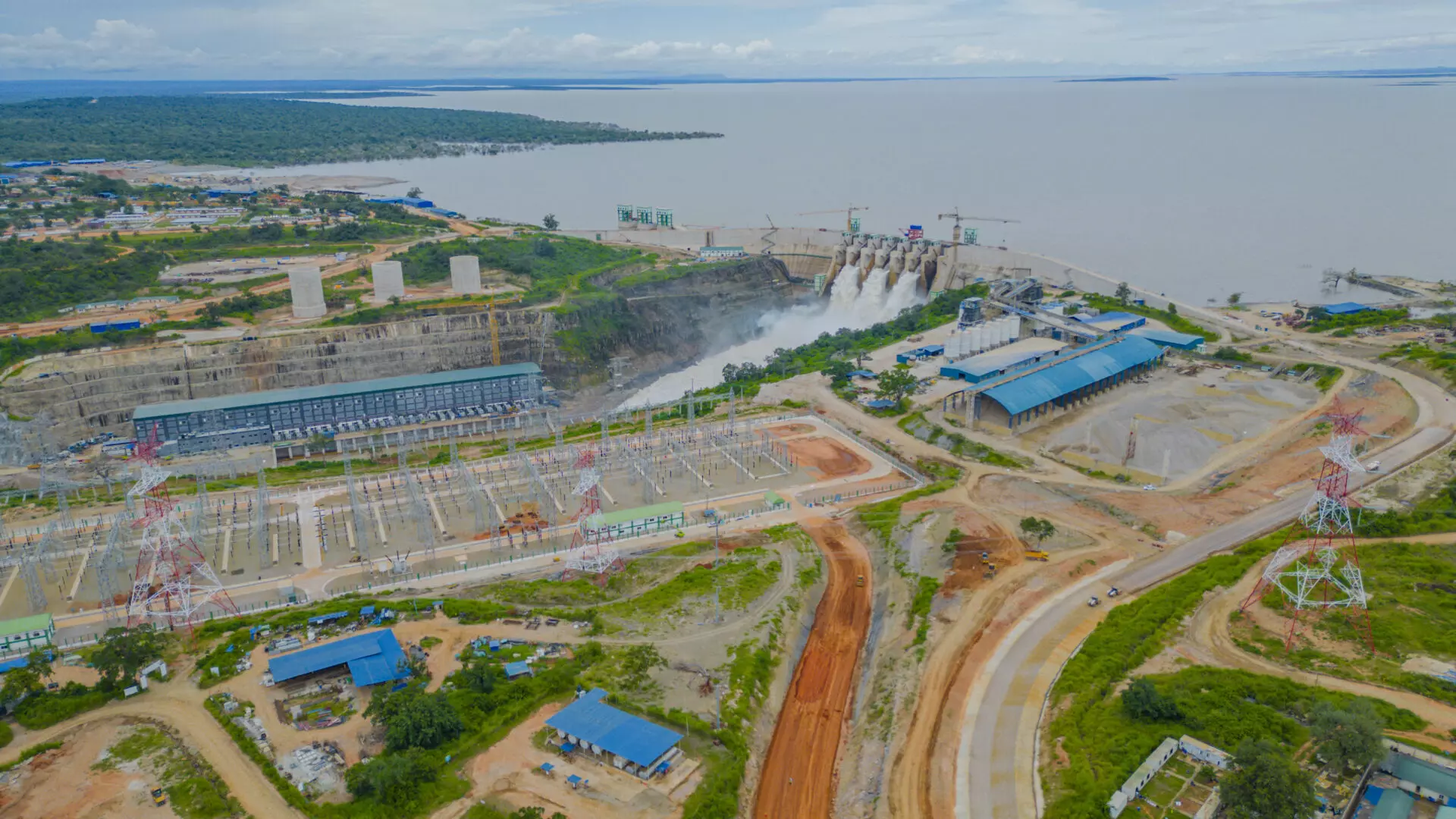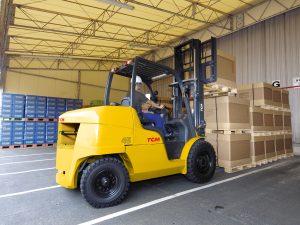Sustained safety focus earns BME zero case rate
After five years of steadily implementing its Safety for Life brand, Omnia Group company BME has successfully achieved one of its key safety targets – a zero recordable case rate (RCR) – for the year ending January 2023.
“We consider our zero RCR over the preceding 12 months as a proud landmark to have reached, based on the positive safety culture that our Safety for Life initiative has fostered within the business,” said Ramesh Dhoorgapersadh, General Manager for Safety, Health, Environment, Risk and Quality (SHERQ) at BME. The South Africa-based company is a leading provider of explosives and blasting technology and services.
The RCR is based on the number of safety incidents which resulted in treatment beyond first aid. Dhoorgapersadh highlighted that BME’s achievement has its foundation not only in sound policies and systems, but in the committed and practical application of these principles every day.
“Companies’ systems and processes often look very good at face value, but these need to be effectively translated into action,” he said. “A RCR of zero does not happen overnight and requires constant reinforcement from the highest level before it forms part of the prevailing culture in the workplace.”
He explained that BME’s safety protocols were driven by a range of safety interventions. These included working on visual felt leadership, process safety, near-miss reporting, driver awareness programmes and fatigue management. BME Managing Director Ralf Hennecke re-emphasised the importance of ‘leading from the front’.
“Visual felt leadership has been vital in helping to embed the culture of safety in BME,” said Hennecke. “This means a daily commitment by senior executives to focus on how safety plans are being applied on site.”
He noted the corporate alignment of BME’s efforts with the Omnia Group’s vision of zero harm and positive impact through responsible business practices. These frameworks also aligned with the stringent standards of mining customers, many of whom are major global players.
“When it comes to health and safety, our customers expect no less from their supply partners than they do from themselves,” he said. “We have therefore always worked to meet and exceed these standards.”
Dhoorgapersadh said the zero RCR was not an end point in the safety journey. The challenge of safety, he explained, was to continue finding ways to improve – thereby steadily reducing any risk of incidents.
“In recent years, for instance, BME has placed growing focus on the medical wellness of our employees,” he said. “They often work under very stressful conditions – frequently out in the open or on the road. Our medical surveillance programme has become more intense, to ensure that their physical condition is optimal at all times.”
This intervention also included subcontractors, especially in the transport sector, to ensure that similar attention was paid to the health of all drivers. He said BME’s focus on safety extended beyond people to the natural environment as well. The effectiveness of safety protocols had also contributed to the occurrence of no chemical spillages that could have an environmental impact.
“We are very aware that, to sustain our enviable safety record, we need to be revisiting all aspects of our progress to look for ways to refresh our approach,” he said. “An important aspect of safety management is about doing the simple things better and better. In every task, you need to be identifying where the risks are – and find ways of preventing those risks from becoming reality.”
Share this content:














